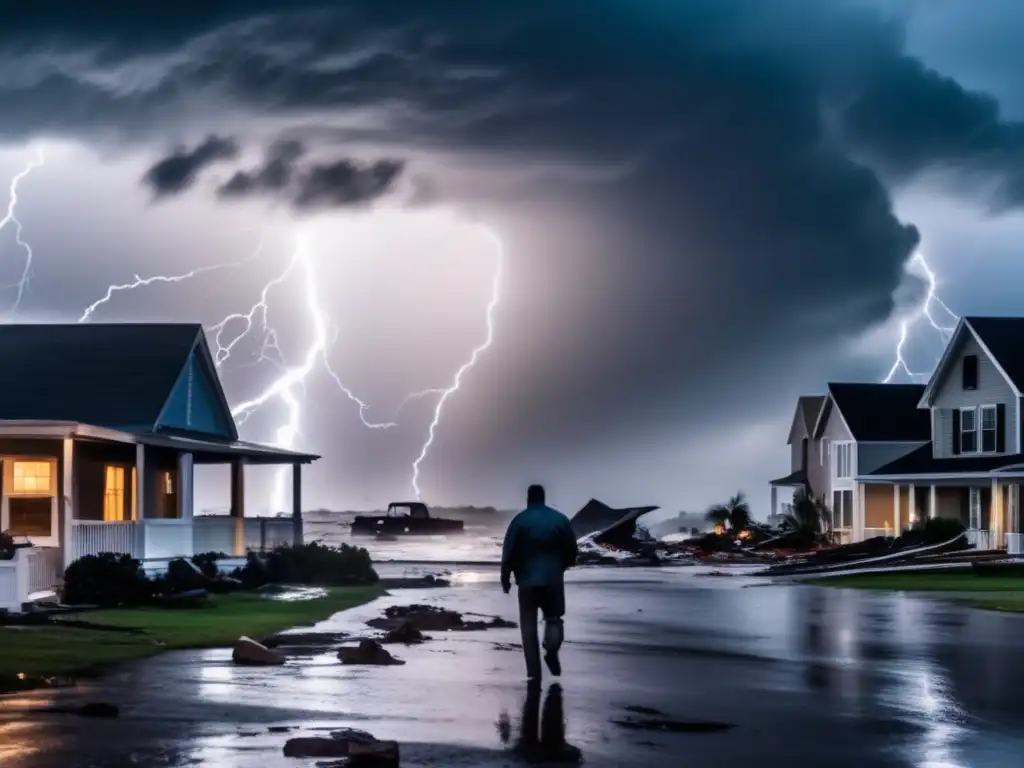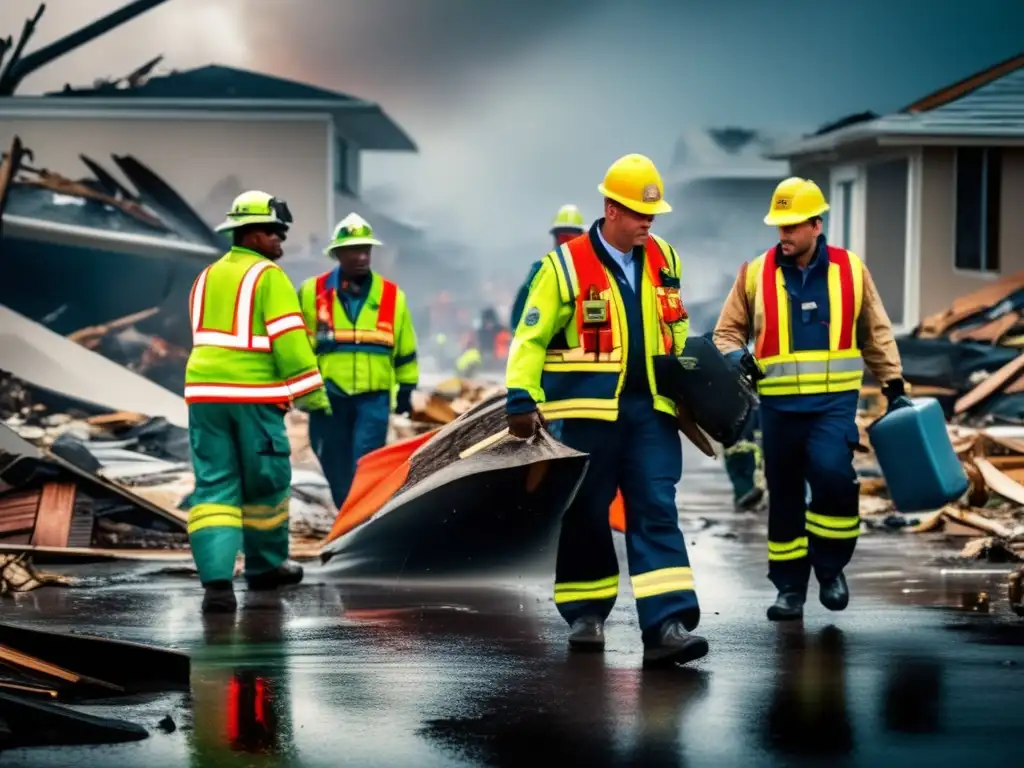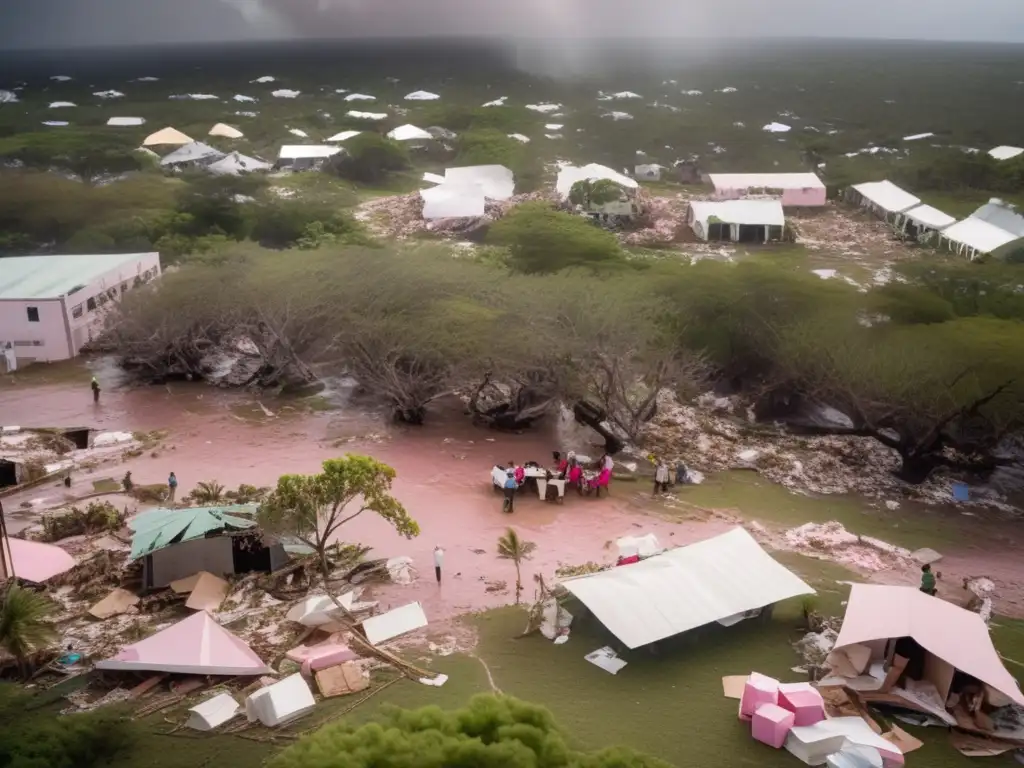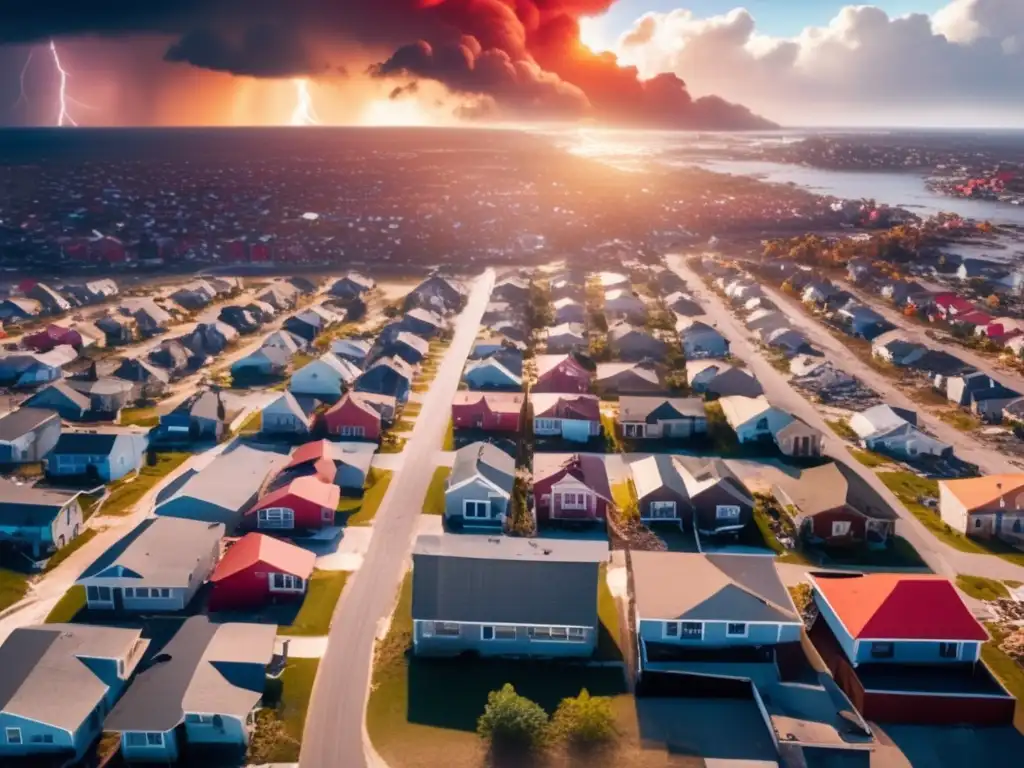Coping With The Loss Of A Loved One During A Hurricane

Coping with the Loss of a Loved One During a Hurricane
Introduction
Hurricanes are natural disasters that can bring about devastating consequences, including loss of life. Losing a loved one during a hurricane can be a traumatic experience that leads to feelings of despair, guilt, and hopelessness. Coping with such a loss can be especially challenging as you deal with the physical and emotional effects of the disaster. In this article, we provide resources and guidance to help you cope with the loss of a loved one during a hurricane.
The Immediate Aftermath

Locating Your Loved One
If you have lost a loved one during a hurricane, the first step is to locate them. Check with hospitals, shelters, and other disaster relief organizations to see if your loved one has been located. Contact local law enforcement agencies or the Red Cross for assistance. In some cases, it may take time to locate your loved one, so remain patient and persistent.
Notification of Death
If your loved one has been confirmed dead, authorities will notify you. The process of notification may vary depending on where the death occurred. In most cases, local law enforcement agencies will visit your home to notify you in person. If the death occurred in a different location, such as a hospital or shelter, you may be notified over the phone.
Arrangements for the Deceased
Once notified of your loved one's death, arrangements must be made for their body. In some cases, the body may need to be transported to a different location for burial. Funeral homes, hospitals, and other organizations can help with these arrangements.
Coping with Grief and Loss

Recognizing the Stages of Grief
Grieving is a natural and necessary process that occurs after a loss. The Kubler-Ross model outlines five stages of grief: denial, anger, bargaining, depression, and acceptance. These stages may not necessarily occur in a specific order and may be revisited multiple times. It is essential to recognize that everyone grieves differently and at their own pace.
Seeking Emotional Support
Coping with the loss of a loved one during a hurricane can be overwhelming, and emotional support can be beneficial. Reach out to family and friends for support or seek professional help from a grief counselor or therapist. Organizations such as the American Red Cross and the National Hurricane Center can provide additional resources.
Caring for Yourself
It is important to take care of yourself during the grieving process. Eat healthy foods, get adequate rest, and engage in physical activities such as walking or yoga. Take time to engage in activities that help you relax and reduce stress, such as meditation or reading.
Memorializing the Deceased

Creating a Memorial
Creating a memorial for your loved one can help preserve their memory and provide a space for remembrance. Consider creating a tribute page on social media or a memorial website to share memories and photos. Planting a tree or sponsoring a bench in their honor can also be a way to create a lasting tribute.
Participating in Memorials
Many communities hold memorial services to honor those lost during a hurricane. Participating in these events can provide a sense of community and comfort during the grieving process. Contact local organizations or community centers to learn about upcoming memorials.
Continuing Their Legacy
Continuing the legacy of your loved one can be a way to honor their life. Consider volunteering at a local shelter or disaster relief organization in their memory. Donating to a charity or scholarship fund can also be a way to continue their legacy.
FAQs

-
What resources are available for emotional support?
The American Red Cross and the National Hurricane Center provide resources for emotional support.
-
How can I create a memorial for my loved one?
You can create a tribute page on social media or a memorial website to share memories and photos. You can also consider planting a tree or sponsoring a bench in their honor.
-
Can I participate in memorials for those lost during a hurricane?
Yes, many communities hold memorial services. Contact local organizations or community centers to learn about upcoming memorials.
-
What can I do to care for myself during the grieving process?
Eat healthy foods, get adequate rest, and engage in physical activities such as walking or yoga. Take time to engage in activities that help you relax and reduce stress, such as meditation or reading.
-
How can I continue the legacy of my loved one?
Consider volunteering at a local shelter or disaster relief organization in their memory. Donating to a charity or scholarship fund can also be a way to continue their legacy.
Conclusion
Losing a loved one during a hurricane is a tragedy that can leave lasting effects on those left behind. Coping with such a loss can be challenging, but with the right resources and support, it is possible to recover and move forward. Remember to take care of yourself and seek emotional support when needed. Participating in memorials and continuing the legacy of your loved one can be a way to honor their life and find comfort in the aftermath.
Additional Resources

- American Red Cross - Disaster Causing Grief: What to do?
- National Hurricane Center
- HelpGuide - Coping with Grief and Loss
 Mobile Apps For Post-Hurricane Recovery And Assistance
Mobile Apps For Post-Hurricane Recovery And Assistance Disaster Food Stamps: Nutritional Assistance Post-Hurricane
Disaster Food Stamps: Nutritional Assistance Post-Hurricane Temporary Housing Solutions After A Hurricane
Temporary Housing Solutions After A HurricaneIf you want to discover more articles similar to Coping With The Loss Of A Loved One During A Hurricane, you can visit the Hurricane recovery: category.
Leave a Reply

Articulos relacionados: